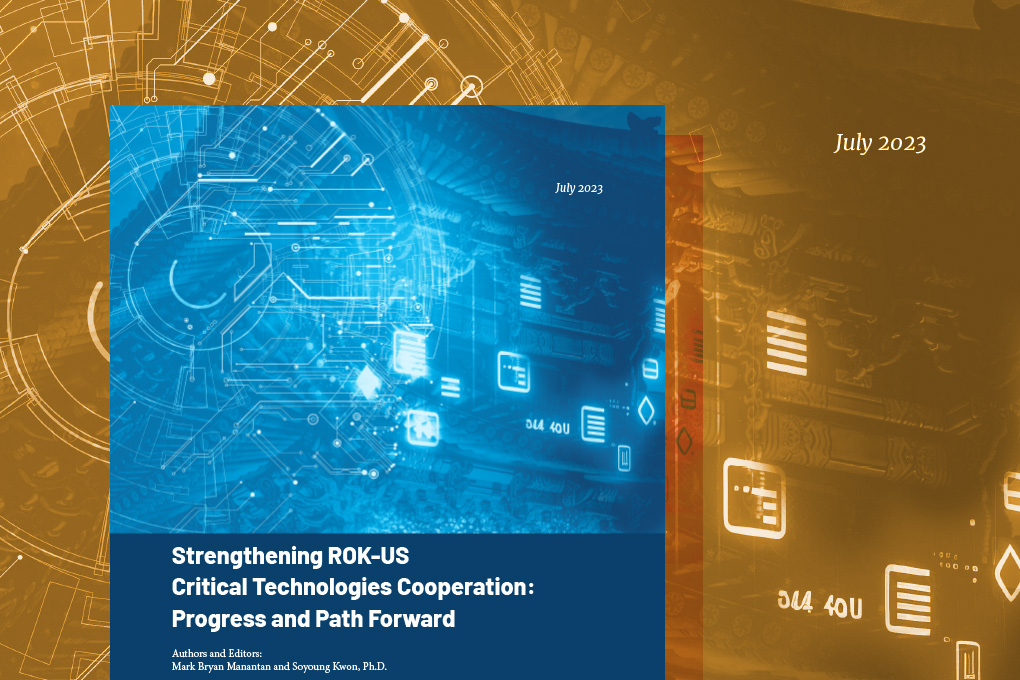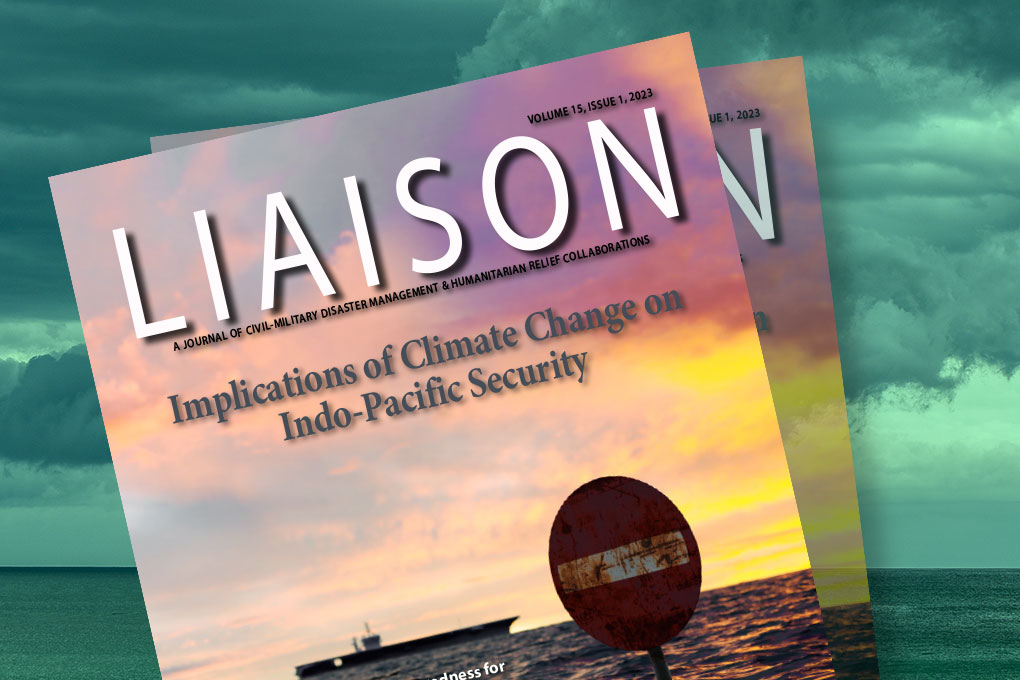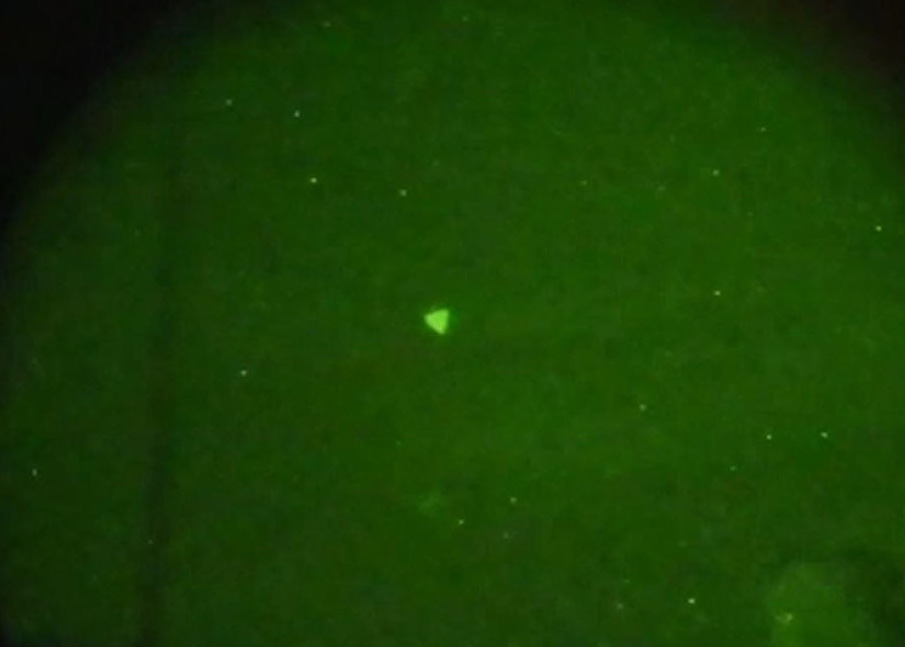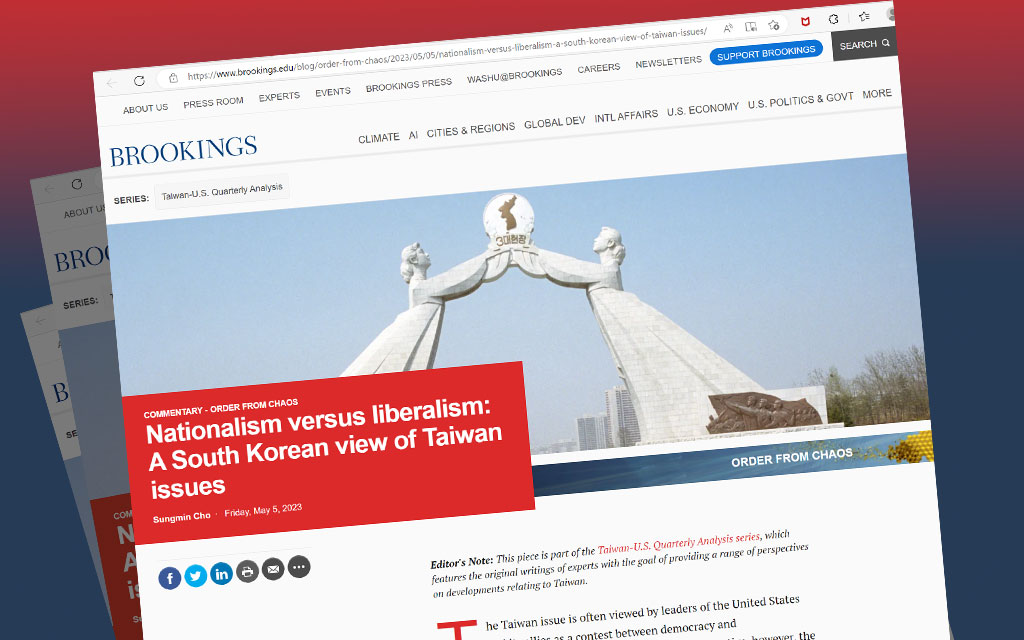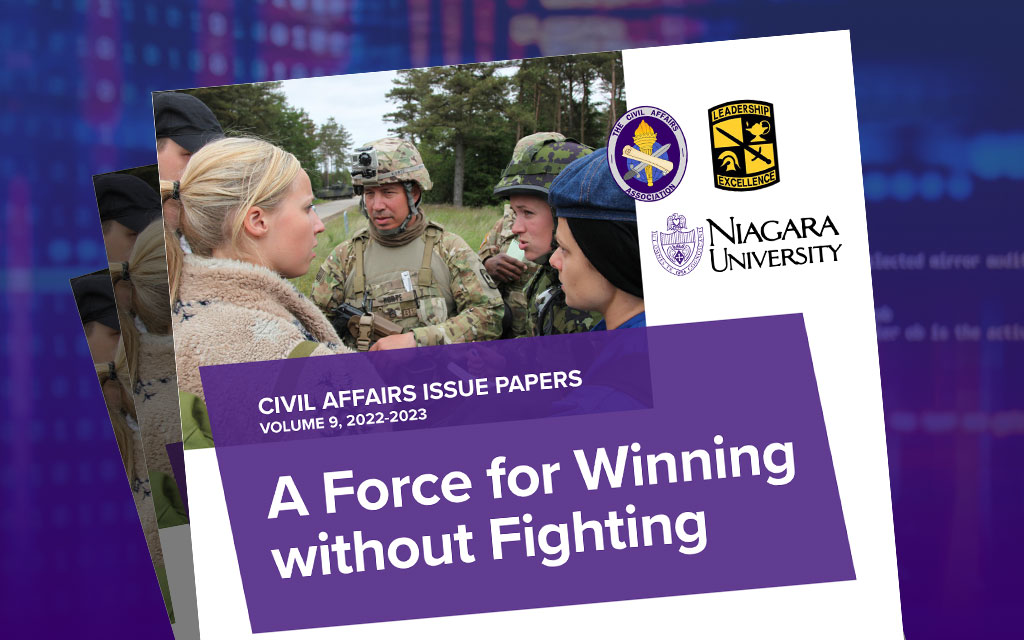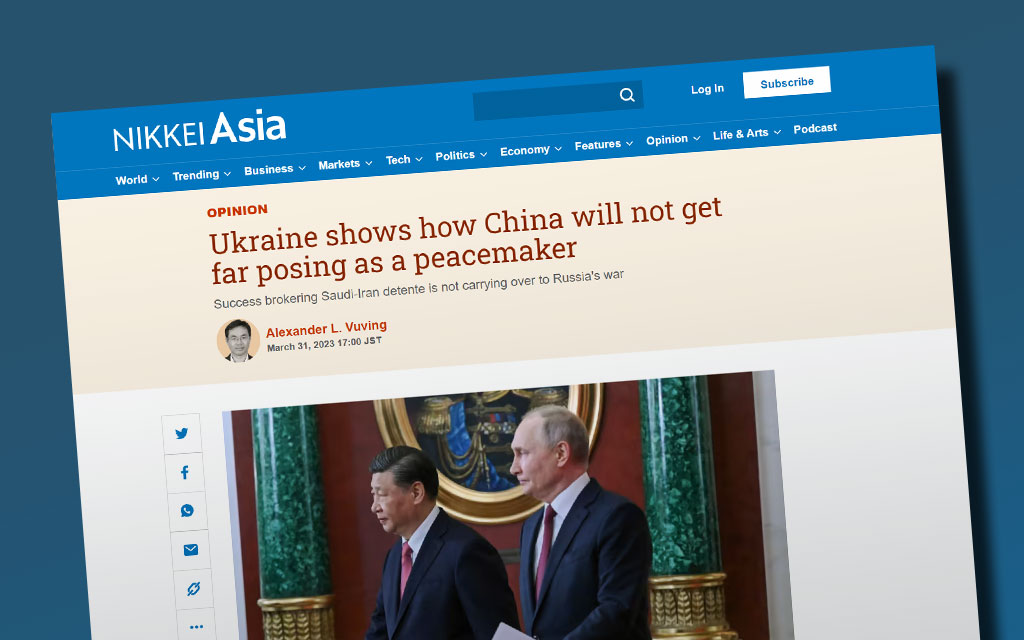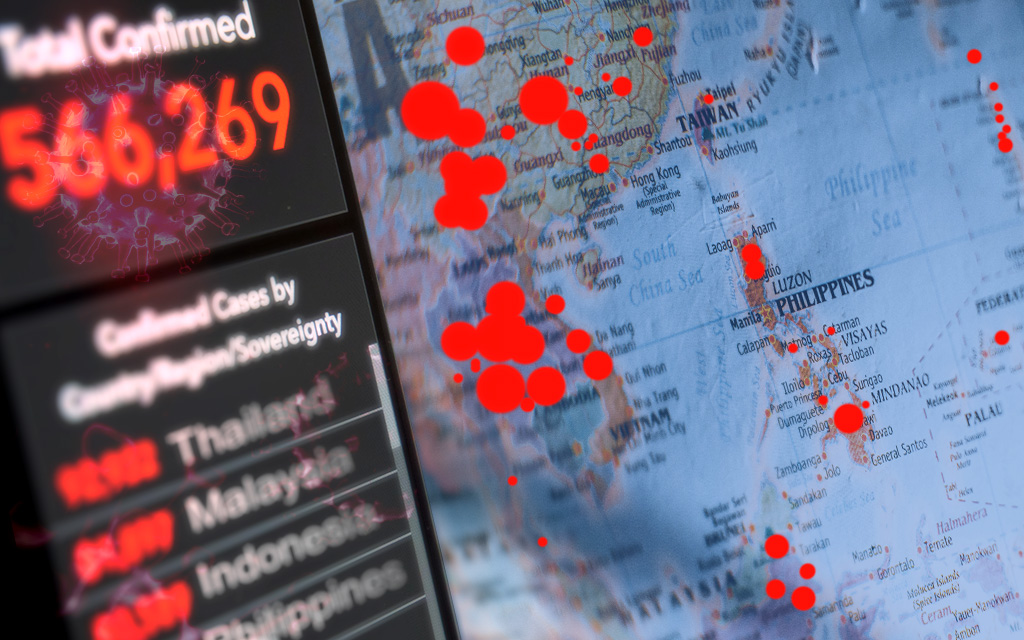New Policy Brief on China’s Nuclear Modernization and Northeast Asian Security
In a new policy brief published in the ASIA-Pacific Leadership network, DKI APCSS Prof. Lami Kim examines the implications of China’s nuclear weapons build-up on Northeast Asian security. Kim argues that the threat lies less in direct nuclear risk to the US homeland and more in the potential impact on vital US interests in the region, including the increased risk of an emboldened invasion of Taiwan and possible nuclear arms pursuits by Japan and South Korea. Kim suggests strengthening deterrence measures, enhancing transparency, and establishing viable crisis management mechanisms to mitigate these risks. Read the Policy Brief The views [...]



